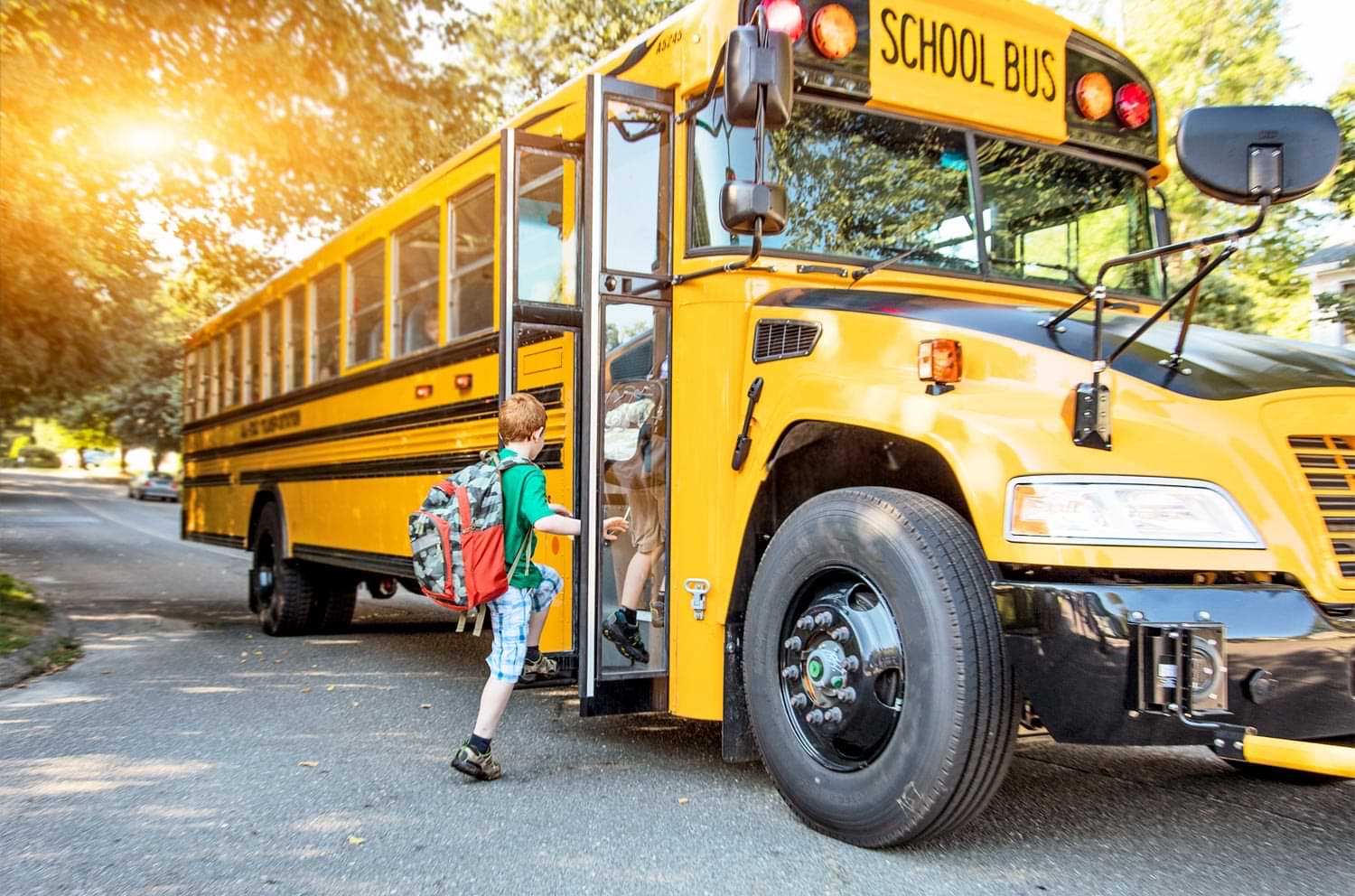Despite having the most students of any state and a booming budget, California ranks last in providing transportation to its public school students. While the home-to-school transportation program’s benefits of improved student safety, increased school attendance, and decreased traffic congestion and carbon footprint are well documented, the share of California public school students being bused to school has dropped drastically over the last 40 years from one in four to one in eight.
Addressing this failure is a top priority for CSBA in 2022. The association is sponsoring new legislation to reverse the long-term erosion of funding for vital home-to-school transportation services.
California school districts receive an average reimbursement of just 30 percent of actual home-to-school transportation costs, with many receiving much less. For dozens of districts, funding amounts to less than 10 cents on the dollar.

This critical bill would fully fund the home-to-school transportation program, enabling schools to offer transportation to all children by reimbursing 100 percent of approved costs for providing these services.
Small and rural districts face even greater challenges in providing home-to-school transportation for students. In rural areas, the outsized cost of the long bus routes needed to transport students spread out over a large geographic area, often over difficult terrain, can quickly eat up funds. Small and rural districts also face additional challenges in recruiting bus drivers, from recruiting from a small pool of residents to competing with larger districts — a problem that has only been exacerbated by the overall staffing challenges caused by the COVID-19 pandemic.
The miniscule number of students benefitting from home-to-school transportation in California is a policy and budget failure — given adequate state funding, districts and county offices of education would gladly offer their students the program’s benefits of enhanced access to school, higher attendance and an improved environment.
AB 2933 also provides for future program growth with an annual cost-of-living adjustment (COLA). This critical piece of the puzzle will ensure schools can respond to changes in enrollment, shifting school start times and increased demand driven by new programs like universal transitional kindergarten and expanded before- and after-school programs that will require more buses and routes. Finally, the bill would cover capital expenses for adding buses, transportation yards and other infrastructure, fully reversing 40 years of disinvestment in home-to-school transportation to ensure that costs are covered for every school district and every child.
Both pieces of legislation have students’ best interests at heart, but only AB 2933 will address the true cost of providing home-to-school transportation at scale by compensating districts for upfront costs related to buses, storage and other infrastructure and paying schools for 100 percent of reimbursable costs with in addition to a COLA. AB 2933 avoids the pitfalls of SB 878, which imposes a mandate to require providing the program but does not guarantee funding.